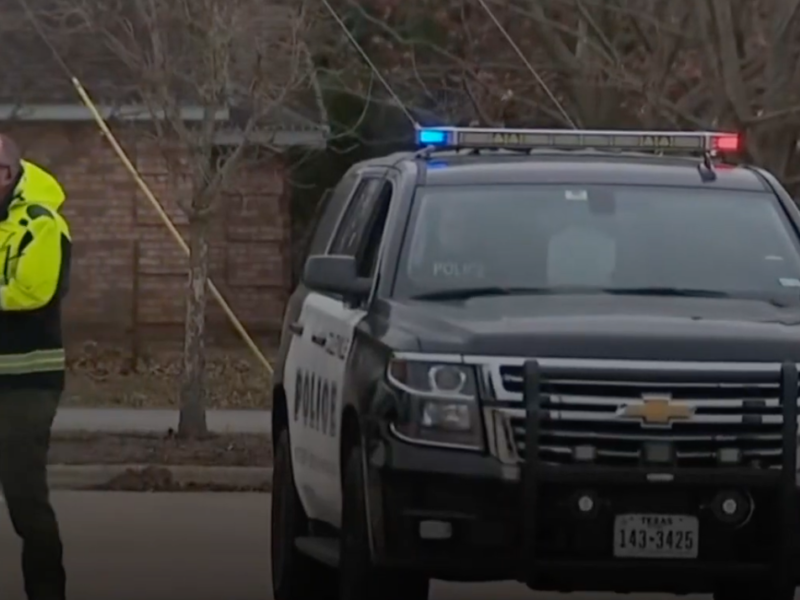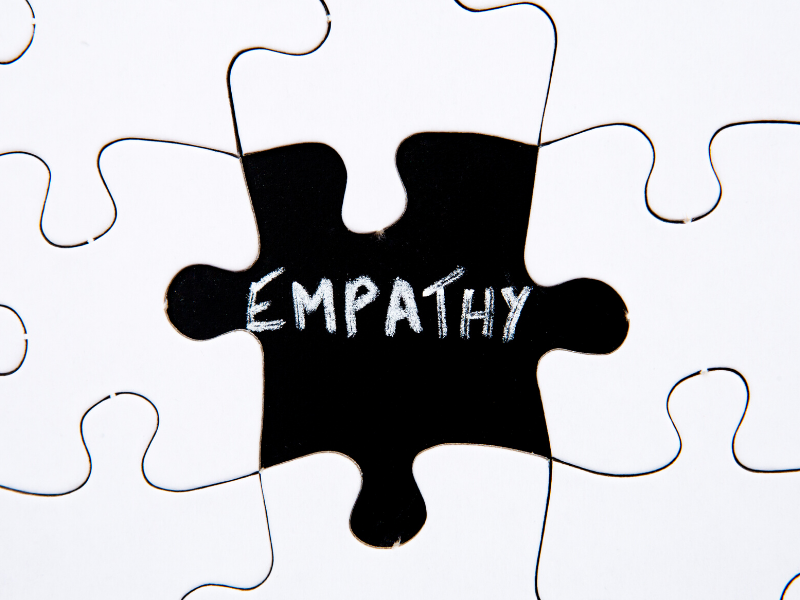Most musicians tend to reduce their professional engagements as they age. Not Itzhak Perlman. If anything, Perlman has increased his activities. In addition to his 40-plus years as one of the world’s premier violinists, in recent years he has returned to his alma mater – Juilliard – to teach. He’s also embarked on a second performing career, this time atop the podium as a conductor.
Perlman, who will turn 69 this August, now uses a motorized scooter (he contracted polio at the age of 4) and plays violin while seated, but other than his wheels and a bit more silver in his curly hair, he seems to have made little concession to age.
He will perform a recital (accompanied only by pianist Rohan de Silva) sponsored by the Oregon Symphony on Jan. 19 at the Arlene Schnitzer Concert Hall. Over the years, beginning with his appearances on “The Ed Sullivan Show” and “Sesame Street,” no one else from the classical world since Leonard Bernstein has been so well known and beloved, both on and off the stage. In this country, Perlman is classical music’s greatest ambassador. He plays for presidents in the White House, reigning monarchs and aspiring violin students around the world. Perlman’s relationship with the Oregon Symphony dates back to the 1960s when the orchestra was led by Jacques Singer. In the decades since then, Perlman has returned to the Rose City many times as a soloist, and, in the last 10 years, as a conductor. When asked what draws him back here time and time again, Perlman responds, “(Portland) Oregon is a major city with a lot of history of very good classical music venues, a wonderful orchestra and good audiences, so why not? I have a nice history with Oregon. These days the fact that the orchestra is still in existence means that classical music continues to survive. I’ve had a series of good experiences here.”
Whether he is conducting, soloing with an orchestra or presenting an intimate violin recital with piano, Perlman approaches each event with the same attitude: the music always comes first. “Musically, whatever you do, whether it’s conducting or playing, you want to make sure that you are true to the music, and you want the music to really speak to the audience.” This focus on the music rather than the performer accounts for a large part of Perlman’s personal appeal, along with his warmth and genuine devotion to music as a transformative means of communication. Audiences may be coming to see him, but Perlman doesn’t engage with the self-involvement that often accompanies superstar status. For him, the music is what matters – first, last and always.
One factor that colors Perlman’s down-to-earth approach to his work is his lifelong engagement in Jewish practice, particularly home-based Judaism. The son of Poles who immigrated to Palestine in the 1930s, Perlman describes his parents as “traditional Jews.” However, synagogue life was not a major part of his childhood. “I don’t remember going to synagogue regularly as a kid in Israel,” he says. “We were not members of a synagogue, but sometimes the neighbors would rent communal space for holiday celebrations. The only time I remember going to a proper synagogue was when I was bar mitzvahed.” Today, as then, Perlman’s Judaism centers on his family life. He does not perform on Shabbat or Jewish holidays, and whenever he’s home in Manhattan, he gathers as many members of his large family as are available for Shabbat dinners in their home. Perlman and his wife Toby, also a classical violinist, have five children and nine grandchildren.
When Perlman is on the road, he sometimes explores synagogues in the cities he’s visiting. “Once I was in South America, and I was invited to one of the [Chabad] Lubavitch shuls there,” he remembers. “That was an interesting experience.” Perlman and his wife keep a kosher home (they have three dishwashers, for dairy, meat and parve dishes), but for practical reasons he doesn’t keep kosher when he travels. “You need to do what you’re comfortable with,” he explains. “I remember there was a gentleman who would bring a kosher steak in a brown paper bag to give to the restaurant. He was comfortable with that, even though the grill wasn’t kashered.”
Perlman applies this same standard of personal comfort to the thorny question of Jewish identity. “I think of Israel as a country, but not a religious country,” he explains. “Within it you have many different forms of belief. In Israel, you have much more of a separation between secular Jews and religious Jews, unlike here,” he explains. “If you go to Jerusalem you have a huge population of very frum Jews, and they would probably look down on people who are not so frum, like in Tel Aviv. I remember speaking to someone who felt that if you were not living in Israel, you were not a good Jew. I think that’s ridiculous, but that’s what he thought.
“The thing about being Jewish is it comes in so many variations,” Perlman continues. “You can talk about someone who is extremely religious and then around the corner is someone who is more frum than you are. The important thing is the comfort; how comfortable do you feel doing what you do as a Jew? It’s important not to look at anybody with judgment just because they don’t do exactly what you do.” It’s because Perlman is so comfortable in his own skin that he is able to share not only his love for music making and teaching, but also his embodiment of menschlichkeit. Leo Rostein, author of The Joys of Yiddish, defines the word “mensch” as “someone to admire and emulate, someone of noble character. The key to being ‘a real mensch’ is nothing less than character, rectitude, dignity, a sense of what is right, responsible, decorous.” Perlman’s essential humanity translates into menschlichkeit of a high order, and it’s an attitude he brings to everything he does. “Morally, in what you do with your fellow man, how you treat everybody, I don’t feel there are such things as gray areas,” he states emphatically. “When something is right, it’s right, and when it’s wrong, it’s wrong.”
Elizabeth Schwartz is the program annotator for the Oregon Symphony, co-host of the Portland Jewish Hour on 90.7 FM KBOO Community Radio and a freelance writer living in Portland.




